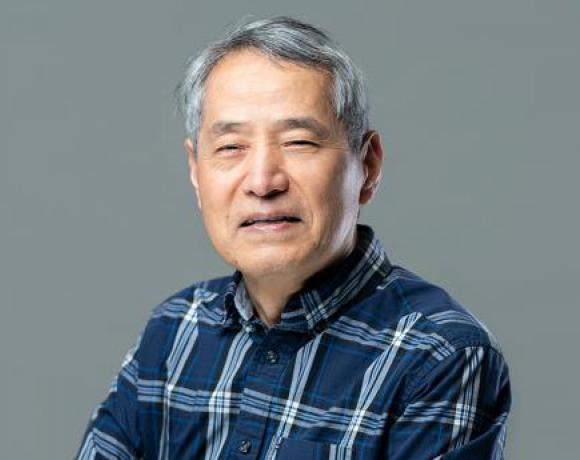
Takei, Fumio
PhD
Academic Rank(s): Professor, UBC, Distinguished Scientist
Affiliation(s): BCCA/BCCRC
Research and Scholarly Interests: Cancer, Infectious Diseases and Immunology Microbiology
Clinical Interests:
Dr. Takei received his PhD from the University of British Columbia (UBC) and completed postdoctoral training in Cambridge, England. He then returned to UBC to lead his own laboratory. He has been working on innate lymphocytes for over 30 years. From 1990 to 2010, he mainly worked on natural killer (NK) cell receptors for MHC class I and regulation of NK cell functions and development. In 2010, he found a unique lymphocyte population, which is now termed group 2 innate lymphoid cell (ILC2), in mouse lungs. He showed that lung ILC2s play a key role in allergic lung inflammation. He is currently investigating the regulation of ILC2 functions and functional and developmental relationship between ILC2s and other lymphocytes.
- Professor, Pathology & Laboratory Medicine, University of British Columbia (UBC)
- Associate Member, Medical Genetics, University of British Columbia (UBC)
- Associate Member, Microbiology, University of British Columbia (UBC)
Academic Background
- BSc, University of Tokyo, Tokyo, Japan, Biochemistry. 1968
- PhD, University of British Columbia, Vancouver, BC, Immunology. 1976
- Postdoctoral Fellow, University of British Columbia, Microbiology, 1977
- Postdoctoral Fellow, MRC Laboratory of Molecular Biology, Cambridge, England. 1979
Awards and Recognition
Publications
Selected Publications
Research Interest
The innate lymphoid cell (ILC) family comsists of cytotoxic natural killer (NK) cells and cytokine-producing helper-like ILCs, which are further divided into three groups based on the cytokines they produce and the expression of key transcription factors. Currently, we are mainly interested in group 2 ILCs. We previously found ILC2s in mouse lungs and shown them to produce large amounts of Th2-type cytokines that drive l allergic inflammation (Halim et al. Immunity 2012a). We also developed ILC2-deficient mice and shown that ILC2s are critical for allergen-induced lung inflammation (Halim et al. Immunity 2012b). ILC2s also promotethe differentiation of naïve CD4+ T cells into Th2 cells (Halim et al. Immunity 2014). More recently, we have shown that activated lung ILC2s acquire antigen non-specific memory functions and drive severe allergic lung inflammation upon allergen re-exposure (Martinez-Gonzalez et al. Immunity 2018).
Our current research projects include:
- Investigation of ILC2 heterogeneity by single cell RNA sequencing, multi-color flow cytometry and functional analyses.
- Studies on the development and activation of lung ILC2s in the neonatal period and their role in adult lung immunity.
- Studies on tissue resident versus migratory ILC2s and their role in various inflammatory diseases.
- Analyses of ILC3s in mouse lungs.
Clinical Service